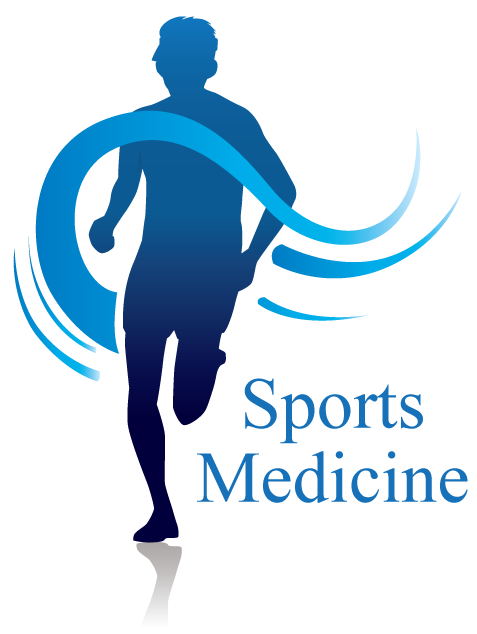 After an injury, the first priority is to get it healed and get back on the court, the field, the ice, the dance floor – you get the picture. But with sports hernia injuries, recovery isn’t always so simple. Sometimes without an outwardly apparent injury, it can be tempting to rush through a rest period and return to activity, all without proper treatment. That might work for some sports injuries, but not a sports hernia. An expert diagnosis and the right care are vital to coming back from a sports hernia. So, the question remains, can a sports hernia get worse if left untreated? If left untreated, a sports hernia will continue to keep you from doing what you love.
After an injury, the first priority is to get it healed and get back on the court, the field, the ice, the dance floor – you get the picture. But with sports hernia injuries, recovery isn’t always so simple. Sometimes without an outwardly apparent injury, it can be tempting to rush through a rest period and return to activity, all without proper treatment. That might work for some sports injuries, but not a sports hernia. An expert diagnosis and the right care are vital to coming back from a sports hernia. So, the question remains, can a sports hernia get worse if left untreated? If left untreated, a sports hernia will continue to keep you from doing what you love.
Since inguinal disruptions (aka: sports hernias) are complicated injuries. A full recovery plan, more often than not, involves surgical repair of the torn muscle followed by physical therapy. A well-developed therapy plan is absolutely necessary to return to full activity because each exercise helps repair the muscles and improve flexibility while decreasing symptoms, such as pain.
At first a sports hernia cause some noticeable pain. And it will progressively worsen if the injury is ignored. Due to the internal nature of the injury, it is difficult to heal and takes more time and rest. If an athlete returns to sports before fully recovering, the injury could be re-aggravated or even exacerbated, which prolongs being “sidelined.”
Without treatment, a sports hernia injury will not heal easily or quickly, and could potentially life-long impact participation in physical activities. To avoid suffering from more serious symptoms and lasting damage, seek a diagnosis and treatment immediately.
The first course of action after a sports hernia is to rest. Take a step back from sports and avoid like sudden movements, twisting and heavy lifting. Usually if the injury does not heal within six weeks of rest, surgery may be required. Another common course of action is physical therapy. For some people, therapy can greatly help (and speed up) recovery from a sport hernia while decreasing the likelihood of re-injury by strengthening the core.
Either way, there are plenty of options available to help heal from a sports hernia. It’s important to consider which is right for you and speak to a physician with experience in repairing sports hernia injuries.
Recovery is never an easy task for an athlete. It can be demanding and time consuming when you really want to focus on your game. However, if left untreated, an inguinal disruption will worsen so now is the time to take that critical first step – consult an expert for a diagnosis.
